Flatland XC
You already know how to tow, now we start putting some height and distance together to reap the rewards of the flatlands with this XC course based at Conargo
Each day, before the thermals develop we do some tow refreshing together with some tactical XC discussion. As the day develops we tow, ping off, climb out and get up and away on course. A typical day consists of morning discussion, afternoon flying, retrieve and an evening debrief and analysis. Some of the skills and topics discussed include:
- Preparation
- When to launch and when to release on tow to find that first thermal
- Tow gear and equipment
- Thermalling and climbing
- Glides and energy lines
- Decision making
- Distraction control
- SMART goals
Costs
The daily cost providing the winch and operator of $400 is shared between the group
Additionally:
Retrieve costs are shared between the group
We prefer the group to self retrieve, it is much cheaper for you
- These retrieve costs varies:
- If the group use their own driver and self retrieve, retrieve cost is nil
- If the group provide their own vehicle and use our driver then we charge $35 per hour for our driver, shared between the group
- Example
A 100km flight, picking up other pilots enroute retrieve typically takes 4 hours so expect 4 times $35 totalling to $140, shared between the group
- Example
- If the group uses our vehicle and driver then the retrieve cost is our vehicle’s fuel cost times 3 plus $35 per hour for the driver, all shared between the group
- Example
A 100km flight, picking up other pilots enroute retrieve typically takes 4 hours so expect 4 times $35 totalling $140
$70 fuel * 3 totalling $210
Retrieve costs are $140 + $210 totalling $340, all shared between the group
- Example
- Tow costs:
- For each pilot daily the 1st tow is free, the 2nd tow is $20, then $40 per tow
Examples for a group of 4 pilots
If you take one tow, fly 50km and use our retrieve then your cost would be circa $155
If you take two tows, fly 100km and use our retrieve then your cost would be circa $190
If you take two tows, fly 150km and self retrieve then your cost would be circa $120
We would prefer you to self retrieve as a group but we will come and retrieve if the group need us
Dates
See the calendar or enquire for your personal dates
We can rent or sell you a tow bridle if you need one
FAQ
Do I need a tow endorsement
Yes, you need a tow endorsement, towing in thermals can easily be dangerous without some education
We regularly run tow endorsement clinics or can teach you to tow during the safari clinics at extra cost and by prior arrangement only
We need evidence that you know how to tow, the conditions can often be demanding
Do I need a satellite tracker like SPOT
SPOTs are a powerful resource
- They reassure your family
- They reassure you
- They make my life easier knowing I can find you
We are often flying in areas outside of good cell phone coverage. A SPOT with tracking activated and used could save your life
They are not mandatory for the clinics, if we are in the flatlands I strongly recommend one
We have a couple spare we can rent by prior arrangement
How do we set up our GPS
Your GPS should be set to a coordinate system of degrees.degrees (d.ddddd)
If you want to keep an useful tracklog you should be taking tracklog points every second, depending on the storage capacity of your GPS unit
What is involved in the skills development?
An important part of the event is individual and group goal orientated skills development.
We work with each pilot to identify areas of opportunity to develop and improve individual skills. We discuss and agree strategies to work towards measurably improving those skills. We jointly identify achievable goals that over time demonstrate how well those strategies are working.
Some of these opportunities are discussed and developed before the event via an internet based remote skills development process.
All of these opportunities, strategies and goals are documented and become part of a skills improvement package that you take away with you to continue to use and develop your flying.
What radio do we need?
In Australia we use a UHF CB frequency range around 476/7 mhz, the radios need to be CTCSS (tone squelch capable)
Radio frequency will be UHF 12 (476.7mhz), tone squelch 79.7 hz (Jiri radio PRIV2)
How does the retrieve system work?
- All pilots need a clear inflight radio communications system (we can work with you to help you get this properly sorted out), a GPS and a cell phone.
- We all fly from the same site each day, as you fly you routinely radio to the retrieve driver your GPS position based on bearing, height and distance from launch . If they have not heard from you frequently enough they will ask you for updates. We can find you based on this information alone
- A SPOT or Delorme satellite GPS tracking system is mandatory. This unit will transmit your coordinates via satellite (does not need cell phone coverage) to our driver. We can also track you whilst you are flying. We can rent you one if you give us notice
- When you land you use your tracker to send your GPS coordinates to the retrieve driver
- You will need to land or walk to a vehicle accessible road, we will not haul you out of dense bush. Remember a good looking track may have locked gates so be smart and focus on landing beside paved (sealed)roads.
- The retrieve driver has a vehicle based GPS that will accept your coordinates and guide the driver to you, they also have maps of the area
Photos
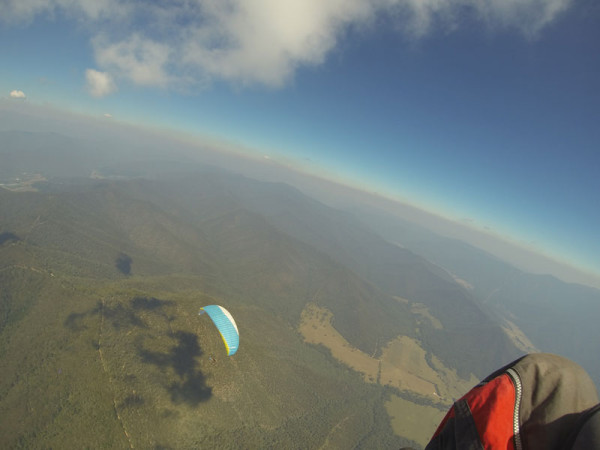
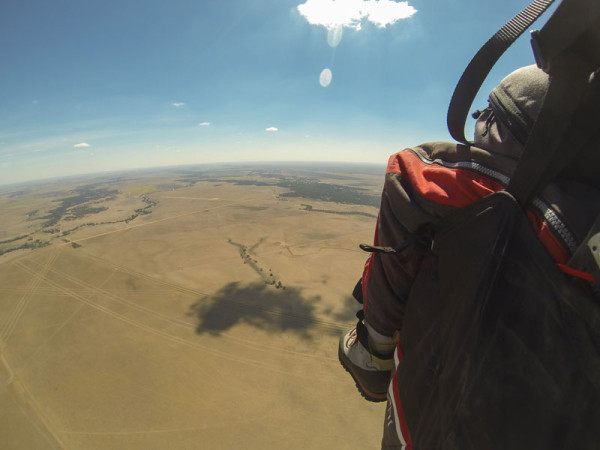
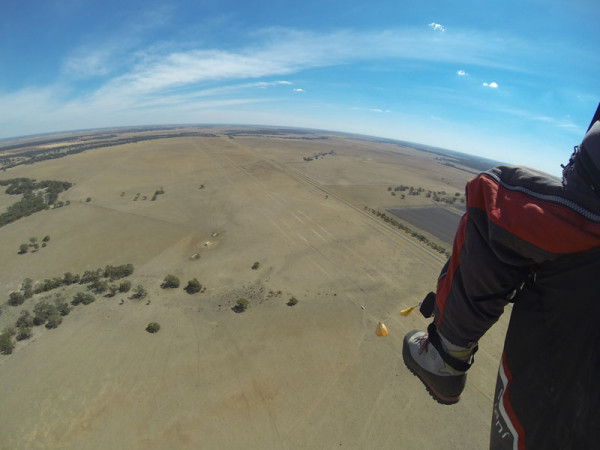
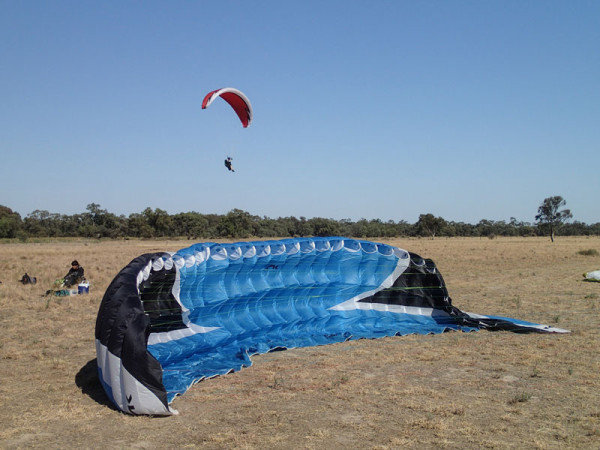
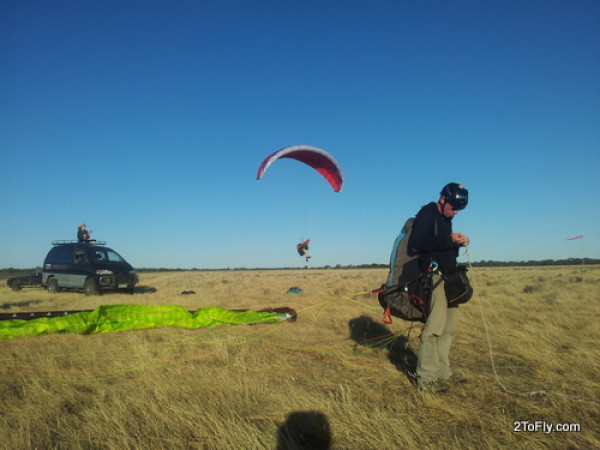
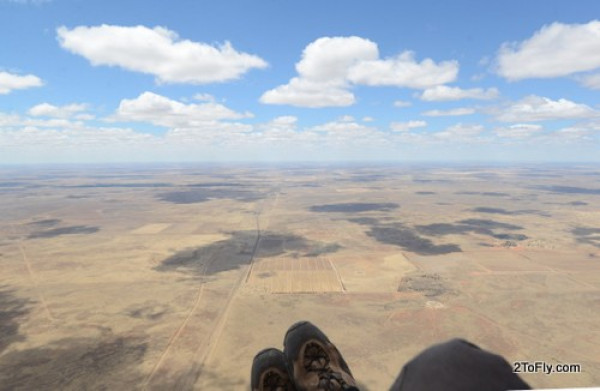
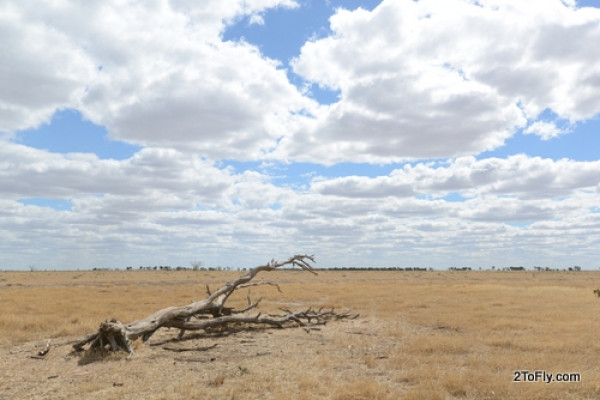
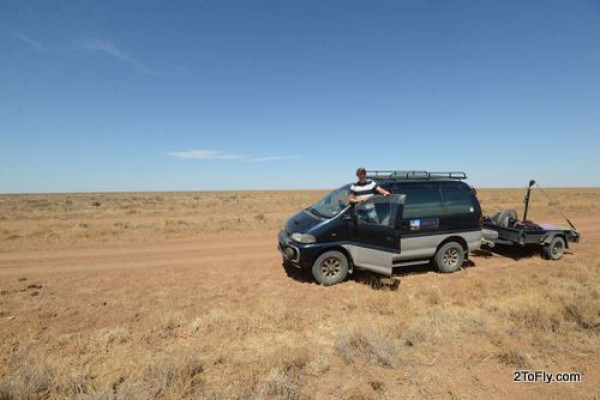
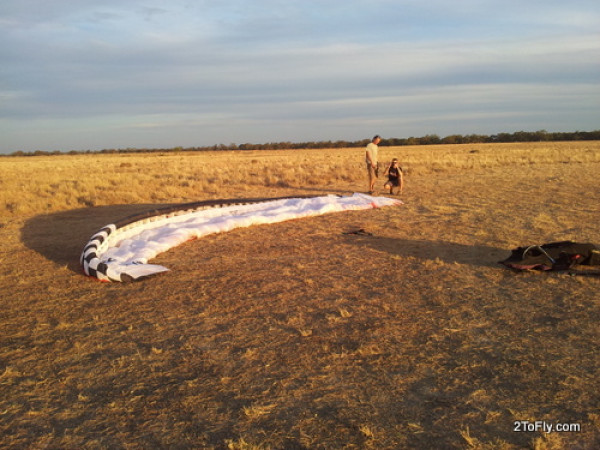
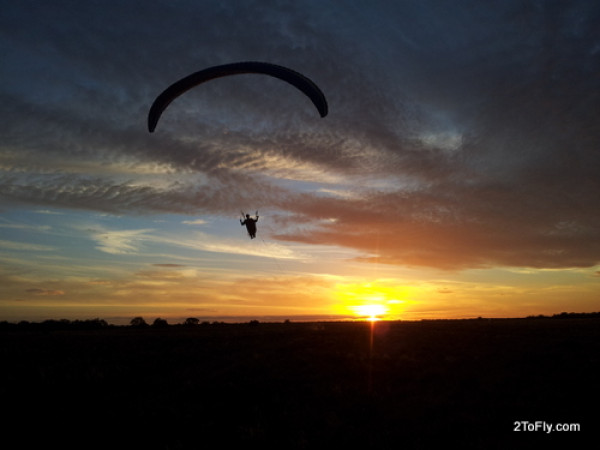
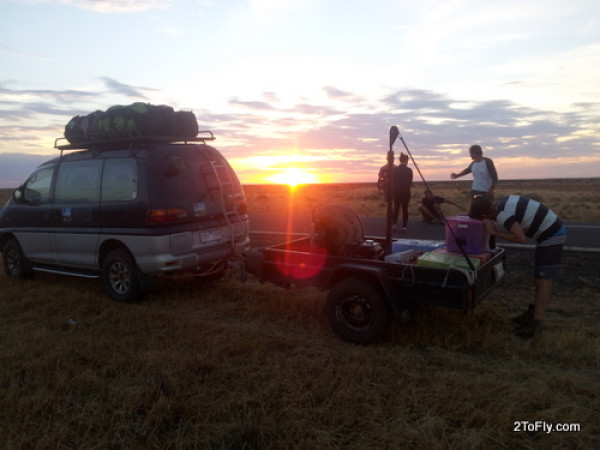
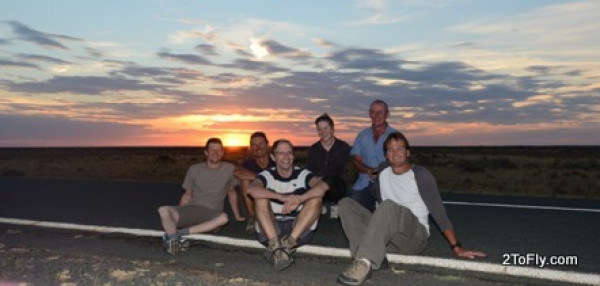

Clinic calendar
If you cannot see a date that suits you or there is a clinic scheduled and you are not sure if you are suitable for it then don’t be shy, contact us to talk it thru
PG2 to PG3 development course
An intensive 2 days to take you towards your PG3
Alpine tow endorsement
Tow endorsement course, also helps PG2 pilots to gain 10 more flights and another site Pilots will have the opportunity to fly Mystic during the clinic
Alpine tow endorsement
A tow endorsement clinic from Bright
There will be time to get to Mystic for some Alpine flying during the clinic
Alpine tow endorsement
Tow endorsement course, also helps PG2 pilots to gain 10 more flights and another site Pilots will have the opportunity to fly Mystic during the clinic
Bookings
Bookings
To book please check the dates of your event then contact us via the Enquiries page.
Be sure to let us know the dates you are interested in
We will then follow up with you to be sure we have you on the right event
If you have any questions call on +61 (0)417 530972 or skype to brianmwebb
Payments
Payments can be made by bank transfer or PayPal
Bank transfer
Bendigo Bank: BSB 633 000
Account name: XCkms
Account number: 122842537
PayPal
Regret this bears a 2% addition to cover administration costs
Please pay to webbie@XCkms.com
Why us
Why clinic with XCkms
- Expert guides with demonstrable experience
- Extensive local knowledge of sites and meteorology
- Tandem instruction where appropriate
- Comfortable 4WD vehicles with GPS, tablet, SMS and SPOT facilities
- Dedicated retrieve drivers
- Briefing facilities including whiteboard, big screen video replay, tracklog projection and WiFi










what can we work on?
Good understanding of thermal production and locations, wind layers and flows, convergence and air-masses. Choosing the good option and flying in the right direction
The conscious decision to be more or less conservative based on observation and situations.
Confidence in your ability to make and execute decisions and in doing so perform well.
Brian, Barb, Phil and Chris,Thanks very much for the course this weekend. Your advice, support and skill has lead to what I hope is a big step in my progression and something that with hindsight, I had underestimated the importance of.I’ve been reviewing my footage, and on the last tow I managed 10 stalls and two spins at the top of the box.I went from sloppy, physically demanding, all over the shop, stalls, to clean entries and exits that involved little or no ‘sorting out’ (aka; twisted reverse spirals).Probably most importantly, I’ve developed a new level of respect for my wing and harness, that I think will make me safer into the future.Forecast tomorrow looks excellent!
Recognising and acting on the need to alter one’s behavior or course of action to achieve different outcomes or goals.
The ability to launch in a variety of conditions, getting into the air when required.
The ability to locate, track and climb well in thermals both alone and in a large gaggle
Imminent events
PG2 to PG3 development course
An intensive 2 days to take you towards your PG3
Alpine tow endorsement
Tow endorsement course, also helps PG2 pilots to gain 10 more flights and another site Pilots will have the opportunity to fly Mystic during the clinic
Alpine tow endorsement
A tow endorsement clinic from Bright
There will be time to get to Mystic for some Alpine flying during the clinic
Alpine tow endorsement
Tow endorsement course, also helps PG2 pilots to gain 10 more flights and another site Pilots will have the opportunity to fly Mystic during the clinic





